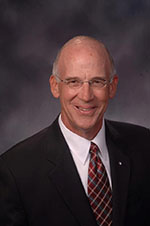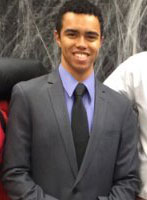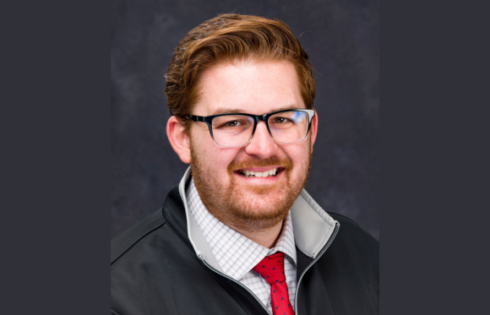
Must let students ‘spontaneously and contemporaneously assemble’
Missouri could become the second state in the nation to give college students broad rights to express themselves on campus without the maze of restrictions and permits typically required for demonstrations.
The Campus Free Expression Act, introduced by Republican lawmakers in the state house and senate, deems outdoor areas of public universities “traditional public forums” that are protected by the First Amendment – in effect, eliminating “free speech zones.”
Virginia Gov. Terry McAuliffe, a Democrat, signed into law the same protections for Virginia students last spring. That bill passed both houses of the General Assembly unanimously, as The College Fix reported.
The identical Missouri bills (SB-93, HB-408 and HB-436) would make permits moot: Any “time, place, and manner restrictions” imposed by public schools must still allow “members of the university community to spontaneously and contemporaneously assemble.”
Public institutions can impose restrictions “in service of a compelling institutional interest only when such restrictions employ clear, published, content- and viewpoint-neutral criteria and provide for ample alternative means of expression,” the bills state.
Schools that interfere with student speech could be dragged to court under the bills, either by the state attorney general or students whose speech was squelched. They would be on the hook for damages starting at $500 and another $50 per day for continued violation, plus attorney’s fees and reasonable court costs.
 The Fix could not reach Sen. Ed Emery or Reps. Rick Brattin and Mike Moon, the bill sponsors, for comment. All three are conservative Republicans, and Emery and Moon graduated from Missouri state universities.
The Fix could not reach Sen. Ed Emery or Reps. Rick Brattin and Mike Moon, the bill sponsors, for comment. All three are conservative Republicans, and Emery and Moon graduated from Missouri state universities.
The legislation is much needed considering the climate on many campuses towards free speech, Joe Cohn, legislative and policy director for the Foundation for Individual Rights in Education (FIRE), told The Fix in a phone interview. FIRE helped craft Virginia’s legislation.
Court cases that FIRE brought against Modesto Junior College and the University of Hawaii-Hilo – for stopping students from passing out copies of the Constitution – show that students need legal protections to speak on campus, Cohn said.
“The bill is spurred by the fact that a growing number of institutions are limiting speech to so-called ‘free-speech zones,’” and restrictions are happening with “alarming frequency,” Cohn said.
On-campus politicking to overturn new tobacco ordinance
The bills would be a boon to campus critics of tobacco restrictions in Columbia, Mo., home to the University of Missouri, student Dontae Kennedy-Harrison told The Fix in a phone interview. The Fix reported that the Columbia city council raised the legal age of purchase to 21 for tobacco and certain nicotine products last month.
“Everybody on the campus was angry” about the new tobacco rules, Kennedy-Harrison said. If the bills become law, students could speak out against the restrictions and pass out literature on campus without limitation, he said.
 A member of campus conservative and libertarian groups including Turning Point, College Republicans and Students for Liberty, Kennedy-Harrison said his outreach efforts in the past have been stifled by bureaucracy, requiring him to get permits and approval from administrators.
A member of campus conservative and libertarian groups including Turning Point, College Republicans and Students for Liberty, Kennedy-Harrison said his outreach efforts in the past have been stifled by bureaucracy, requiring him to get permits and approval from administrators.
“We could have political forums, we could have spontaneous ones” where multiple sides could share beliefs, he said, noting that his campus has earned a “red-light” rating from FIRE for anti-speech policies.
Missouri schools generally have a poor track record on speech, according to FIRE: Two University of Missouri campuses, the University of Central Missouri, Missouri University of Science and Technology and Washington University have red-light ratings.
Central Missouri, for example, has a policy prohibiting “harassment” and “hateful discourse,” neither of which is defined.
“Students have the right to engage with other learners in an environment … free from unlawful intimidation, harassment and discrimination,” the policy states: “Students have the responsibility to treat others equitably, to refrain from hateful discourse.”
College Fix reporter Matt Lamb is a student at Loyola University-Chicago.
Like The College Fix on Facebook / Follow us on Twitter
IMAGES: Ed Emery/Facebook, Dontae Kennedy-Harrison/LinkedIn





Please join the conversation about our stories on Facebook, Twitter, Instagram, Reddit, MeWe, Rumble, Gab, Minds and Gettr.